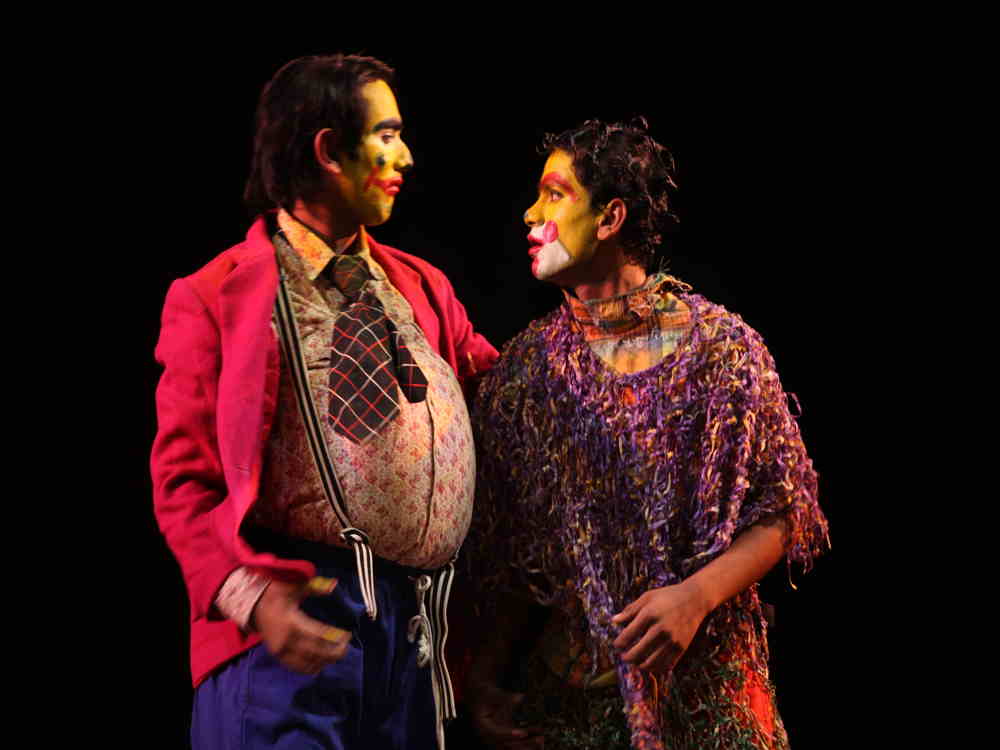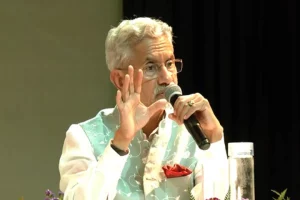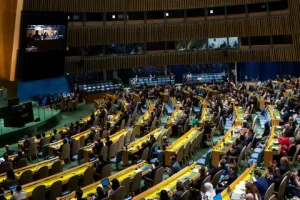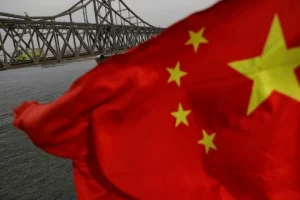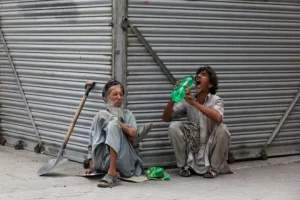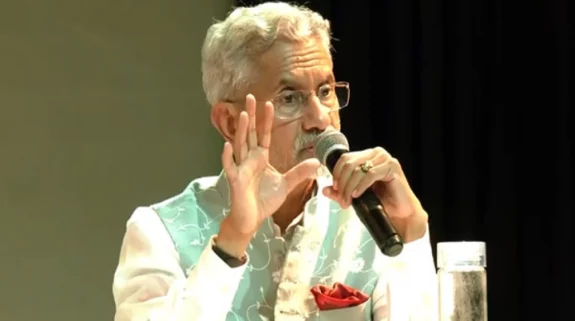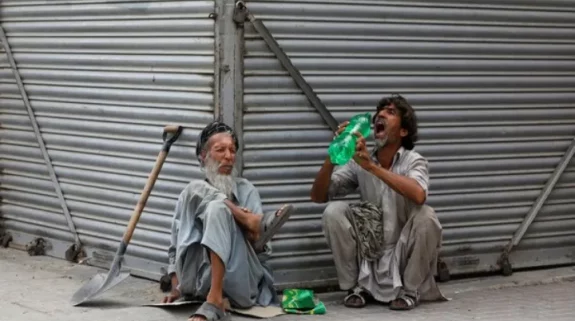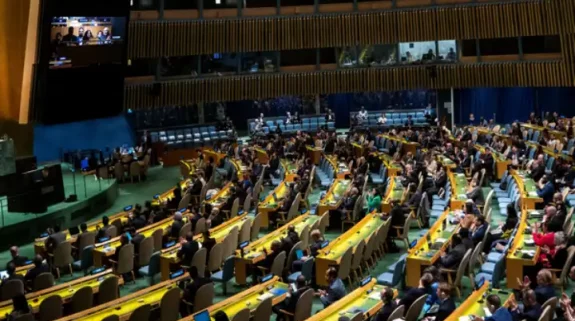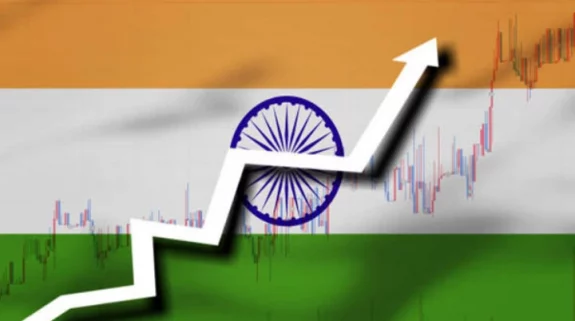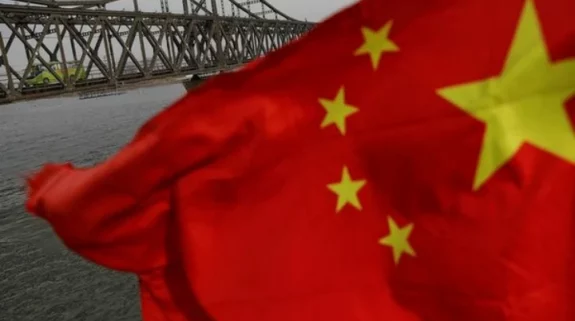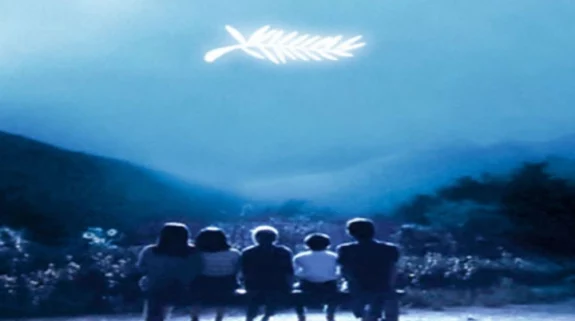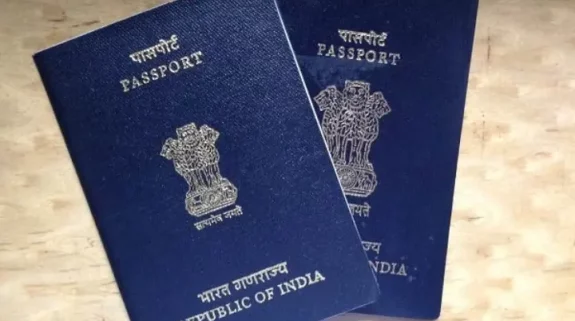World Theatre Day celebrated the world over on March 27 since 1961 is usually a joyous occasion, where the community looks forward to greater achievements, accolades, notwithstanding the occasional brickbats, which is the nature of the beast. But this year, the stunned theatre community is in a high-anxiety mode, worried whether it would survive the scourge of the Covid-19 pandemic.
Helen Mirren, the renowned stage, film and TV actor in her message on International Theatre Institute site on World Theatre Day 2021 has underlined the difficulty of the present times for the performing arts. “The creative urge of writers, designers, dancers, singers, actors, musicians and directors will never be stifled and in the very near future with new energy and a new understanding of the world that we all share are flourishing again.”

Helen Mirren (Pic: Courtesy International Theatre Insitute)
Noting that being in a profession fraught with risks, Mirren said, that “may be that always present insecurity has made them more able to survive this pandemic with wit and courage. Their imagination has already translated itself, in these new circumstances, into inventive, entertaining and moving ways to communicate, thanks of course in large part to the internet.”
In India boasting of ancient and rich theatre heritage, the art form has been severely constrained by Covid-19. Yet, Anuradha Marwah, a seasoned playwright sees a ray of hope. “I take heart from the long history of theatre. All over the world we hear of instances when theatre houses were forced to close down — in some places due to political persecution or religious censure; in others, due to epidemics like the plague. But theatre has always bounced back with renewed vigour.”

Anuradha Marwah
Substantiating her reasoning, she added, “I think it is because we need theatre and especially in times of crises. It is an immediate and direct medium: one of the few ways for the community to introspect collectively…I actually see theatre playing a pre-eminent role in the future of human civilisation.”
Veteran director, producer and writer, Danish Iqbal pointed out that for theatre facing the onslaught of rising costs and lack of patronage, Covid-19 was a major blow. “It has disrupted and destroyed the whole ecosystem. Theatre people are on their own and artists are starving. And there is no support at all, no government agency or NGO, has come forward to help.”
Agreeing with him, actor, director and writer Lokesh Jain added, “Theatre has never been so vulnerable as it does now”. Advocating pro-active steps on part of the authorities, he says “with restrictions being relaxed in all spheres, staging of plays in open areas like parks and gardens should be allowed while strictly observing social distancing and sanitization protocols. Theatre must be allowed to help artists and more importantly to allow creating awareness about diverse issues.”

Lokesh Jain
Stressing that stage is a powerful tool, he said, “whenever any concept be it political, social, or economic is conveyed through theatre, it is immensely effective. The reason being the ones who are conveying it – writers, actors and directors, etc – need to be completely convinced to be able to effectively communicate the message since they are reaching out to a live audience directly. No other form does this.”
With Covid-19 restricting movement and gathering, there is an attempt globally to connect with audiences through other platforms like over the top, digital and social media. Marwah said though some groups have done some innovative work and she too has done live story-telling she feels it isn’t a feasible alternative to physical performance. “There is an obvious digital divide in the country. Secondly, OTT drags theatre closer to cinema – at times, brings it too close for comfort.
We wouldn't want theatre to function like a poorer cousin of cinema. Serious theatre has always defined its space distinctly and sometimes even antithetically from cinema. We could have more open air performances; experiment with masks perhaps!”

Danish Iqbal
Iqbal regards staging plays online as just a mirage. “OTT platforms are costlier and trendier and not in our reach. We can create content but don’t have basic tools like cameras, lights and where are spaces to shoot our plays?” He felt the virtual meetings are no replacement for the physical ones. “When we interact, try to revive something, try to perform something, obviously we feel good, fulfilled, but that feeling is no substitute for actual theatre. Actual theatre is so much rehearsal bound.”
Highlighting the challenges he stated, “one audio is possible at one time; two persons cannot speak together, so we can’t create any chorus. Whatever we did online and through OTT, it was no substitute.”
Expressing the same concerns, Jain, felt that given that there is no other alternative, OTT and digital is the only way out. “Despite all its failings, we will need to depend on them, till Covid-19 bids goodbye!”
Stressing that theatre is an important part of the society and civilization, all three agreed that it must survive despite competition from TV, radio, and technical giants like Netflix and Amazon. “Theatre is the culmination of whatever good we have in our literature, in our music, in our performance traditions. Taking all the good elements from diverse fields, when we put that together in production, we create a theoretical masterpiece and a good production,” observed Iqbal.
Theatre has been there from the ancient Greece period to the classic Indian period of Sanskrit masterpieces. “Theatre always represented, whatever was the best in our culture, and theatre must go on performing this important role. Even now, despite Covid-19 and despite all other challenges,” concluded Iqbal on a bright note!






